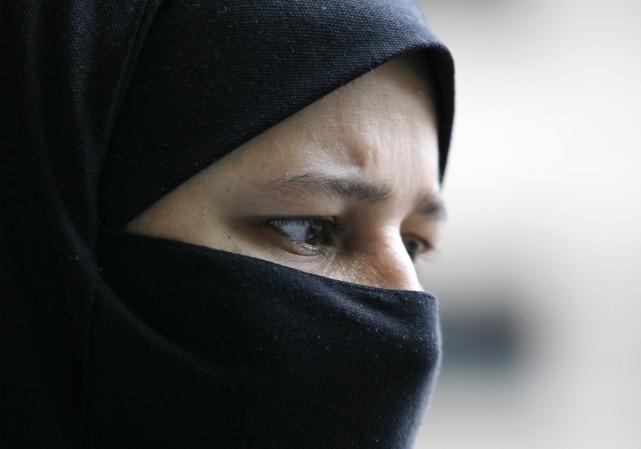
The Tajikistan government has banned its women from wearing veils and has introduced a legislation, wherein it has asked the women to "stick to traditional national clothes and culture".
Morocco bans sale and production of burqa amid growing terrorism fears
According to a Times of India report, this decision was taken in order to stop women from wearing Islamic clothing.
Interestingly, 98 percent of the population of Tajikistan is Muslim, says a report by the US State Department. But, Tajikistan considers itself a secular state with a Constitution providing for freedom of religion.
Unlike Islamic countries, women in the central Asian countries wear a scarf tied behind their heads, rather than a hijab, which is wrapped under the chin.
Tajikistan discourages alien clothing
According to the TOI, Tajikistan's minister of culture, Shamsiddin Orumbekzoda said that the Islamic dress was "really dangerous".
He said that "everyone" looked at women wearing hijabs "with concern". He added that everyone "worried that they could be hiding something under their hijab."
However, the legislation, which is yet another amendment to an existing law on traditions in the country, has not mentioned the hijab in particular.
This is not the first time that the Tajikistan authorities have said that the Islamic veil represents an "alien culture".

The Tajikistan President Emomali Rahmon, during his Mother's Day speech in March had criticised women for wearing "foreign" black clothing. He had also criticised the hijab in 2015.
"Wearing the hijab and blindly copying a culture that is foreign to us is not the sign of having high moral and ethical standards for women," the president was quoted as saying by the Al Jazeera.
Earlier in late July, Orumbekzoda had said that a new commission was designing clothes after taking into consideration the Tajik traditions and modern life.
The ministry is preparing samples of national women's clothing, "in order to avoid wearing foreign clothes", Orumbekzoda told the state funded broadcaster of the Middle East.
Back then he had again made a statement which implied that the Islamic dress was "really dangerous". "No one knows the people who hide behind these covers," Orumbekzoda had said.

President Rahmon and Dushanbe Dushanbe Mayor Mahmadsaid Ubaidulloev are reportedly known to link religiosity to extremism.
No wearing hijabs to work
In August, around 8,000 women from Dushanbe, the capital of Tajikistan had been discouraged from wearing the hijab to work. They were asked to wrap their scarves in the Tajik style.
Though the new legislation has not spoken of any penalty or punishment for breaking the rule, a TOI report has said that authorities might that a system of fine may be introduced later.

















